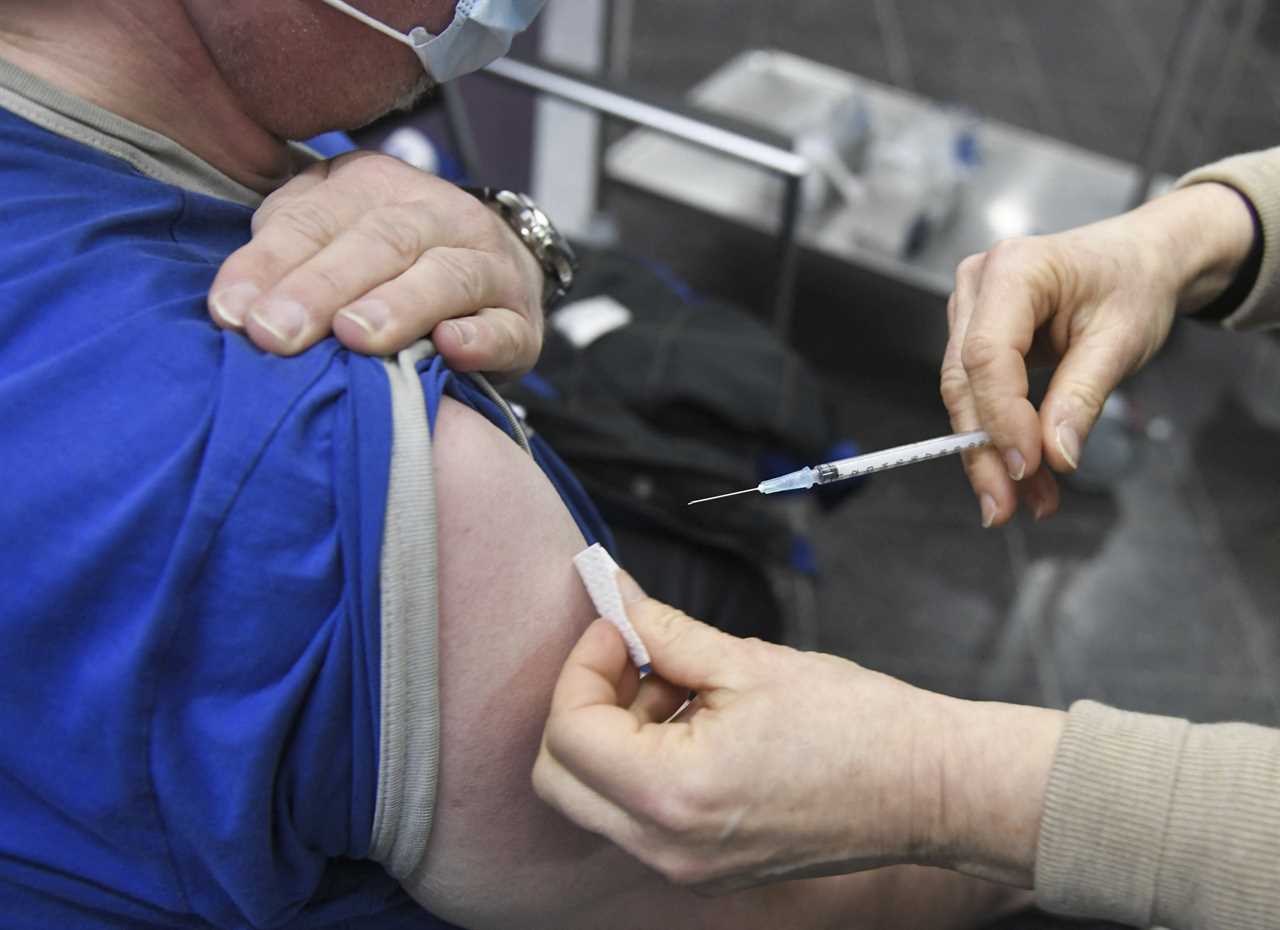COMPANIES may face legal action if they implement a “no jab, no job” policy, experts have warned.
Ministers are facing calls to outlaw such policies amid fears of a wave of discrimination claims.
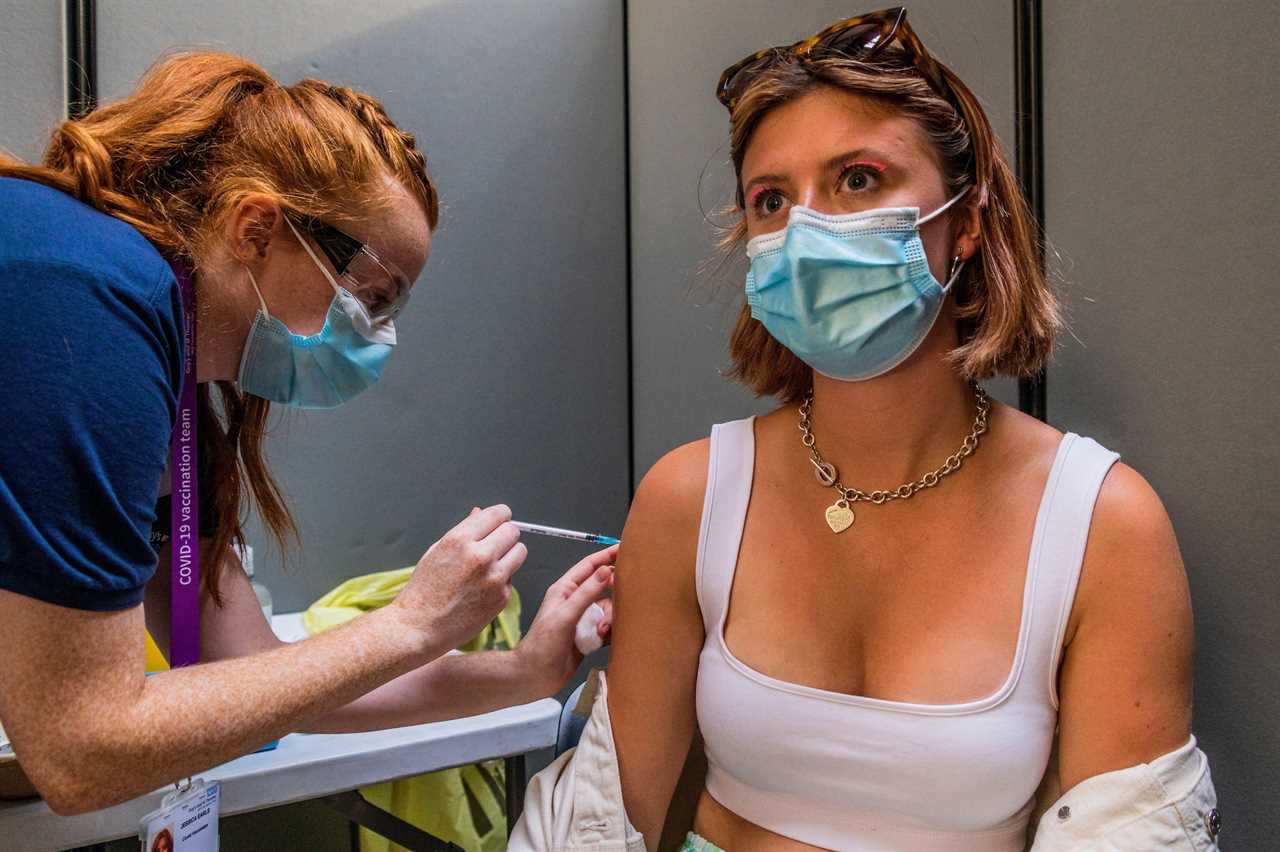
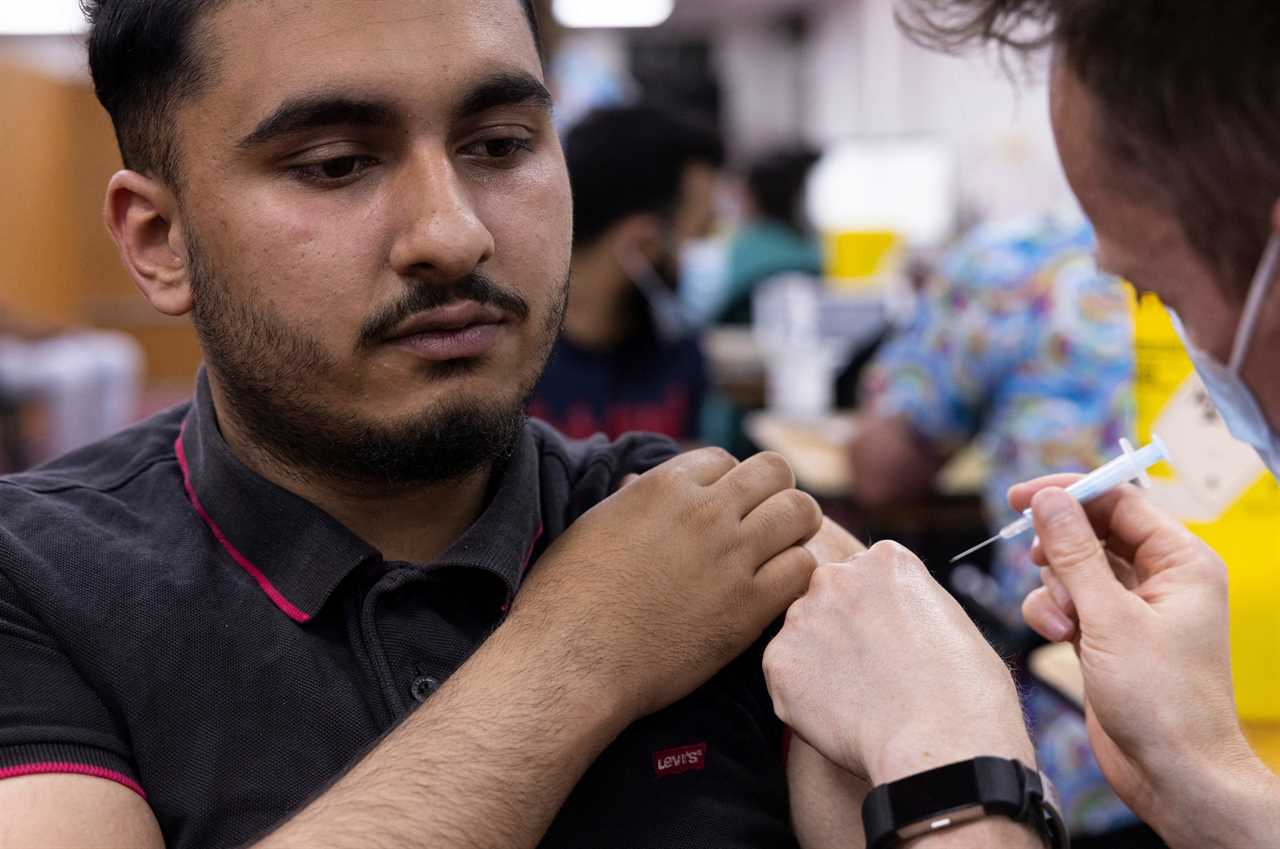
Advice from the Chartered Institute of Personnel and Development said that forcing a potential employee to have a vaccine would be an “intrusion” on their body and may fall under the definition of discrimination.
The group, representing human resources professionals, said firms “cannot forcibly vaccinate employees or potential employees”, unless legally required to do so.
So far, the government has only said care home staff will need to be vaccinated against Covid-19.
From the autumn, anyone working in a Care Quality Commission-registered care home in England must have two doses of a Covid-19 vaccine unless they have a medical exemption.
The Government’s own best estimate suggests around 40,000 care home staff risk being lost as a result of compulsory Covid-19 vaccinations, adding it could cost the industry £100 million to replace.
A consultation is ongoing to decide whether to extend the measure to NHS staff too.
The CIPD said if a person is forced to get vaccinated in other types of jobs, it could represent a criminal offence.
The Equality and Human Rights Commission also urged companies not to apply blanket “no jab, no job” policies, but also take into account that some people cannot get vaccinated due to medical reasons.

Read our coronavirus live blog for the latest updates
In the United States, tech giants Facebook and Google are among those to say their employees would have to show proof they have been fully vaccinated before returning to work.
In the UK, Transport Secretary Grant Shapps has suggested it is a good idea for people to be double jabbed before returning to the office but it will not be required by legislation.
An EHRC spokesman said: “Employers are right to want to protect their staff and their customers, particularly in contexts where people are at risk, such as care homes.
“However, requirements must be proportionate, non-discriminatory and make provision for those who cannot be vaccinated for medical reasons.”
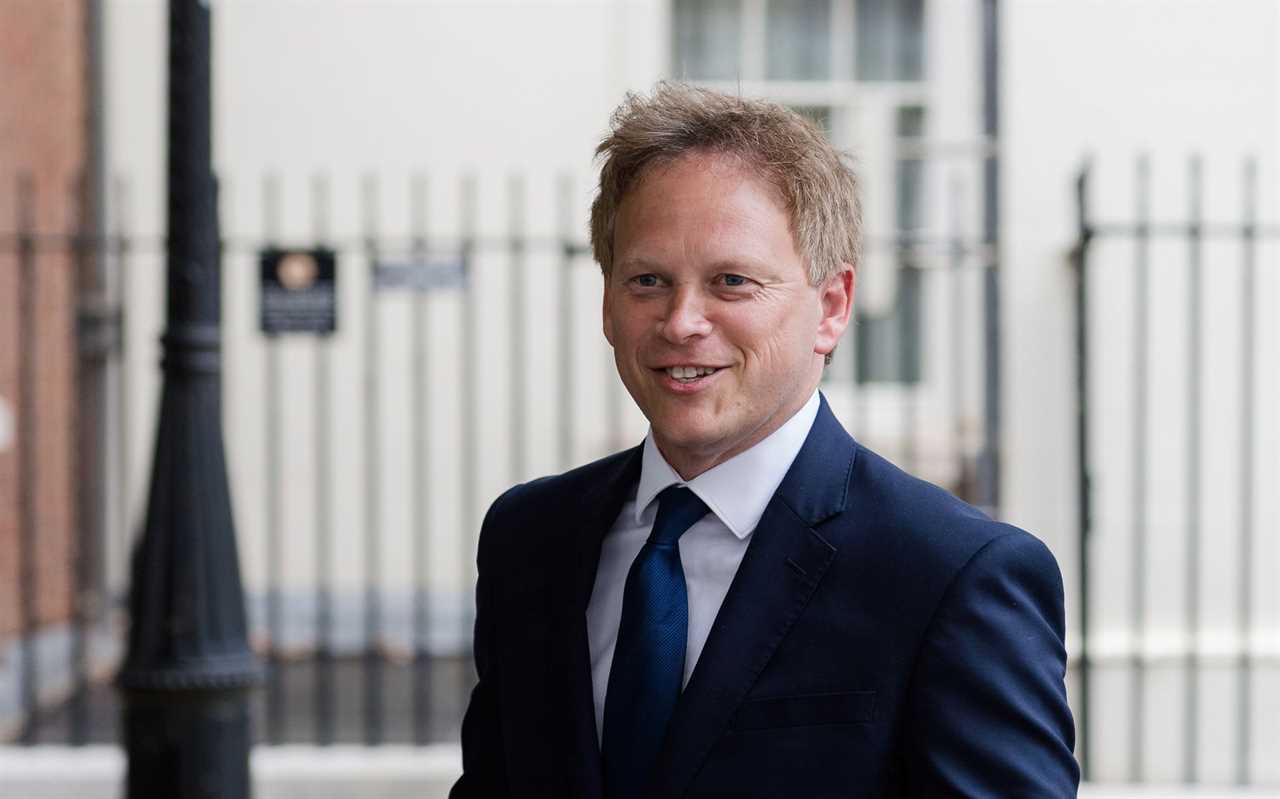
Professor Stephen Reicher, a member of the Scientific Pandemic Insights Group on Behaviours (Spi-B), which advises the Government, said making vaccines compulsory could work in sectors that require people to take care of others – but they may not work in other industries.
He told the Guardian: “These policies carry considerable risks. It is far better and more effective to secure vaccination through engagement rather than through imposition.”
Asked if it is a good idea for people to have the two vaccine doses before they go back to the office, Mr Shapps told Sky News: “Yes it is a good idea and yes some companies will require it.
“We are not going to make that legislation that every adult has to be double vaccinated before they go back to the office, but yes it is a good idea and yes some companies will require it.”
Unions including Unison and Unite have also spoken out about compulsory vaccinations, saying they could have a negative impact on the workforce.
‘CONFRONTATION’
Christina McAnea, Unison general secretary, said: “The vaccine has saved thousands of lives. But only with widespread take-up can the virus be defeated.
“Achieving this requires persuasion and encouragement, not compulsion and coercion.
“Forcing people can only lead to needless confrontation at work and legal cases that could drag on for years. And that’s in no one’s interest.”
Meanwhile, Charlie Mullins, the founder of Pimlico Plumbing, has launched a policy of insisting staff need to be fully vaccinated, saying it was introduced to guarantee the safety of staff.
He said: “It’s about a life and death situation, so we feel very comfortable with it.”
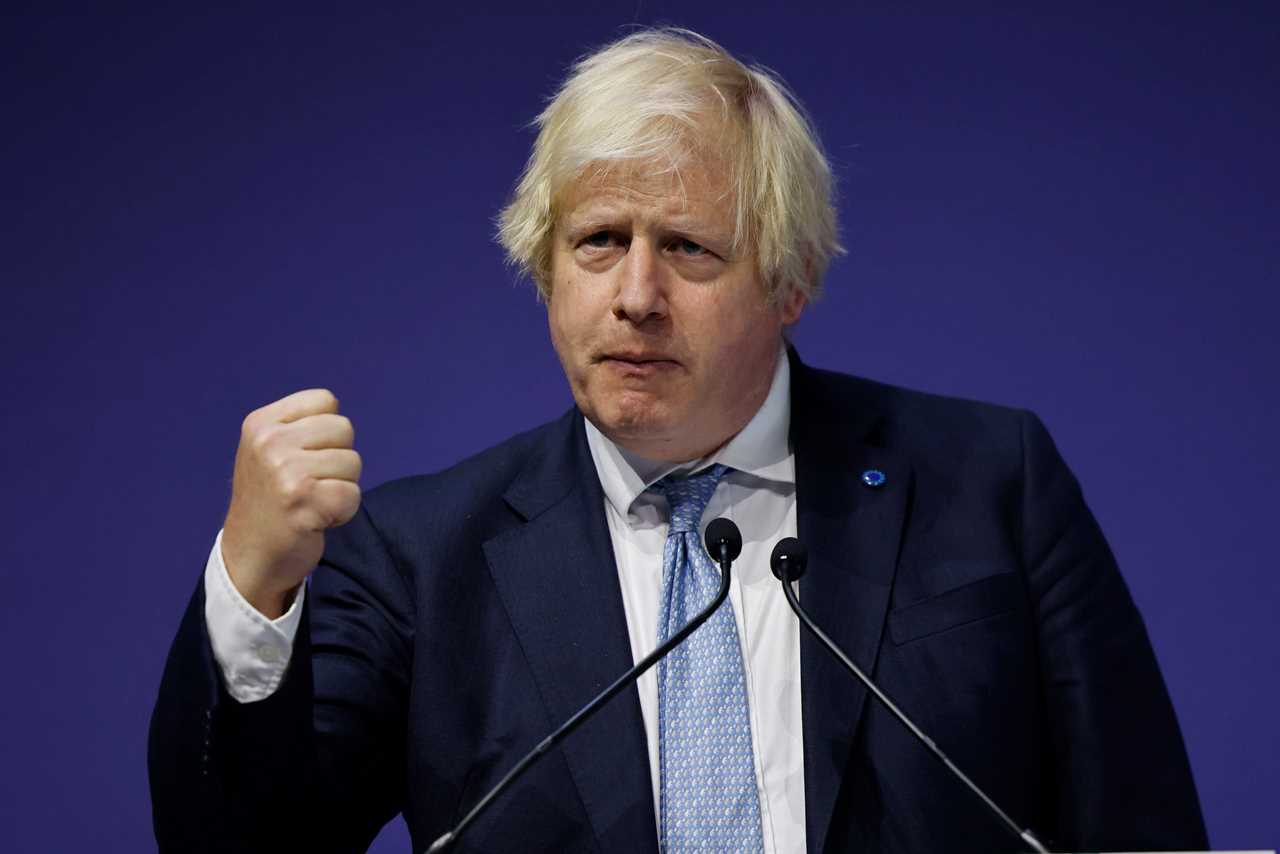
It comes as Boris Johnson was accused of denying people their freedoms over plans for vaccine passports.
A cabinet minister said 50 Tory MPs plan to oppose the policy, forcing the prime minister to abandon the plans, The Times reports.
They said: “The prime minister has always been very cautious about overly intrusive legislation. He only does it when necessary.”
Another cabinet minister said: “The prime minister has always been very cautious about overly intrusive legislation. He only does it when necessary.”
This week, Public Health England said an estimated 60,000 lives have been saved and 22 million Covid-19 infections have been prevented by coronavirus vaccines.
Data also suggested that the jabs have prevented more than 52,600 hospital admission.
More than 46 million people in the UK have received at least one dose of a coronavirus vaccine and more than 37 million – over 70% of adults – have had both doses.
